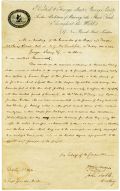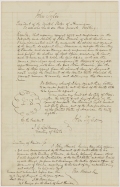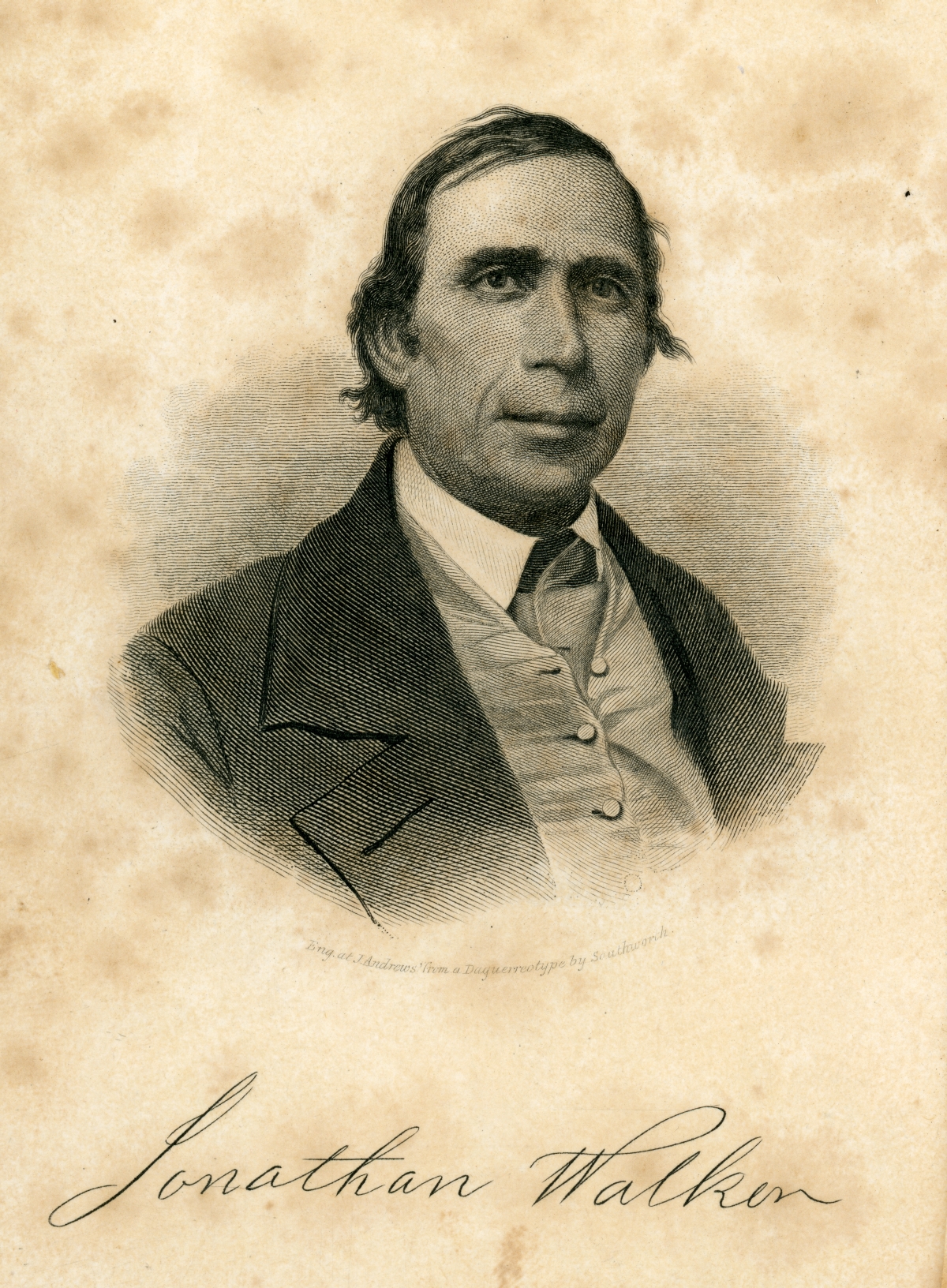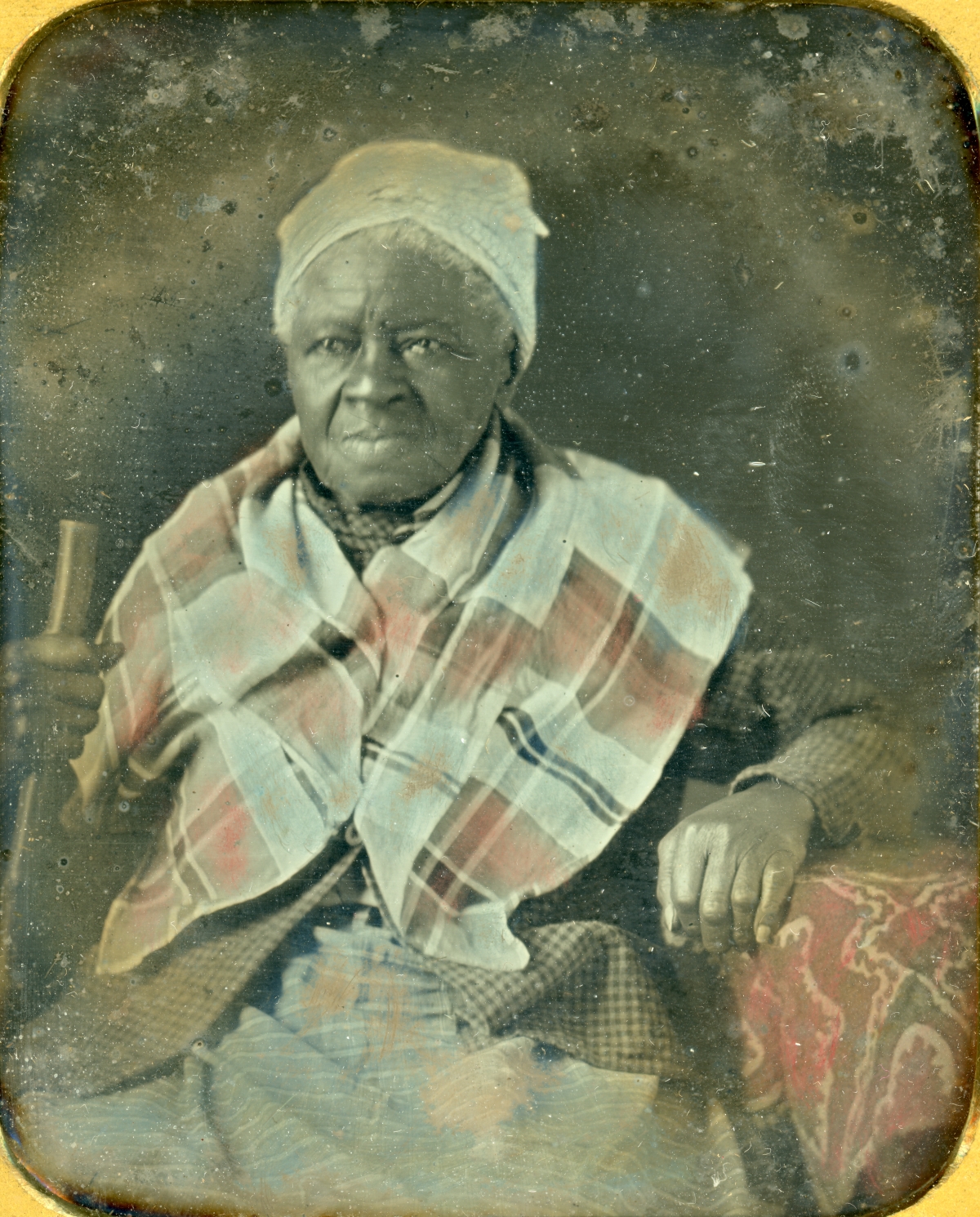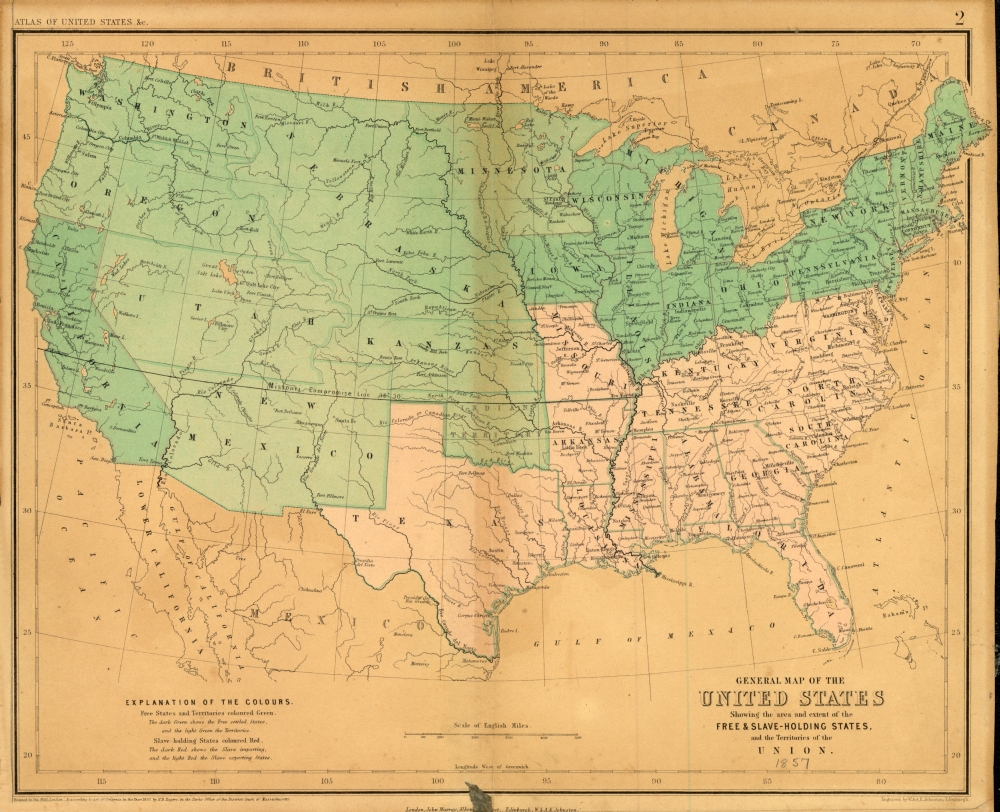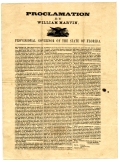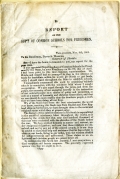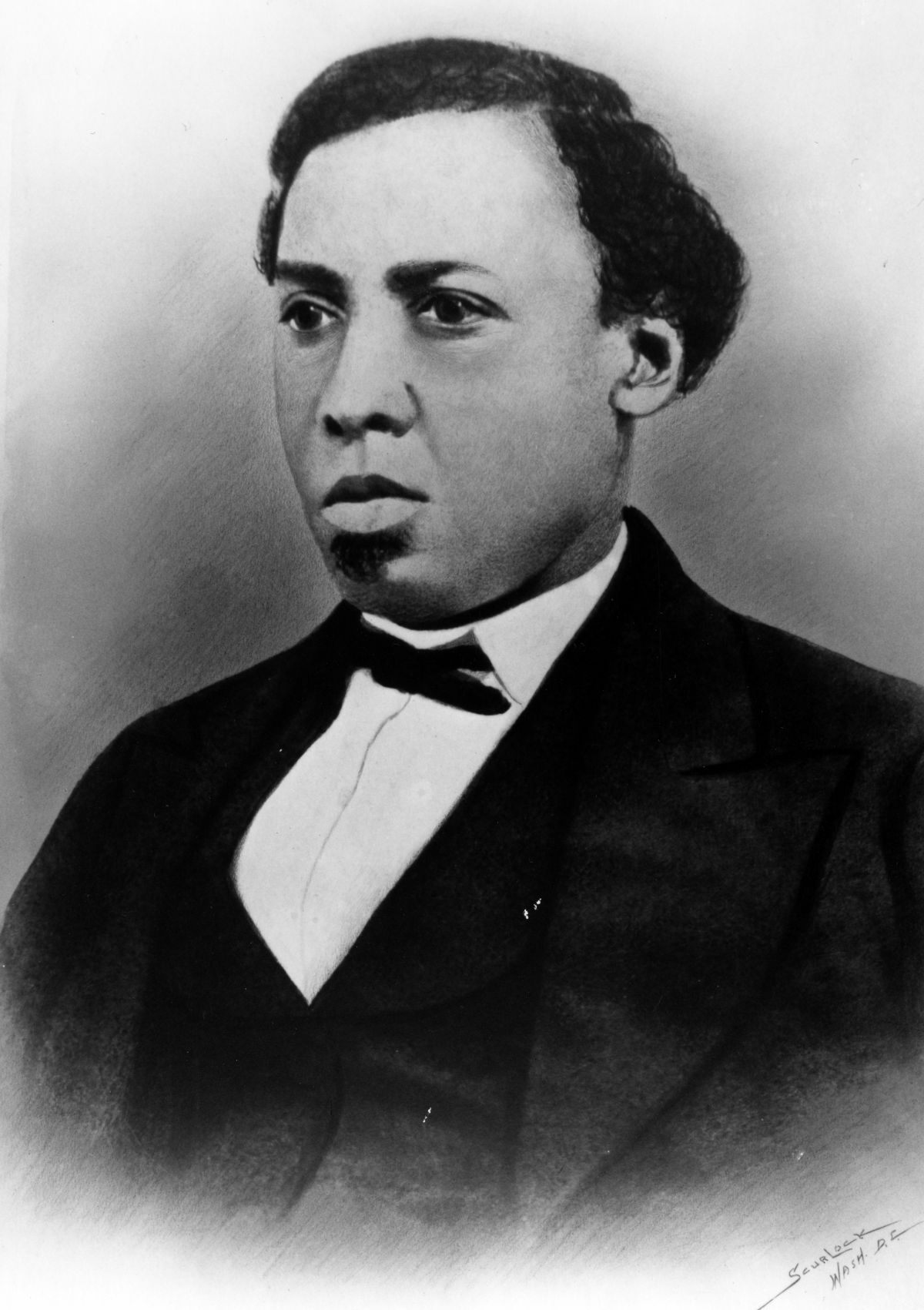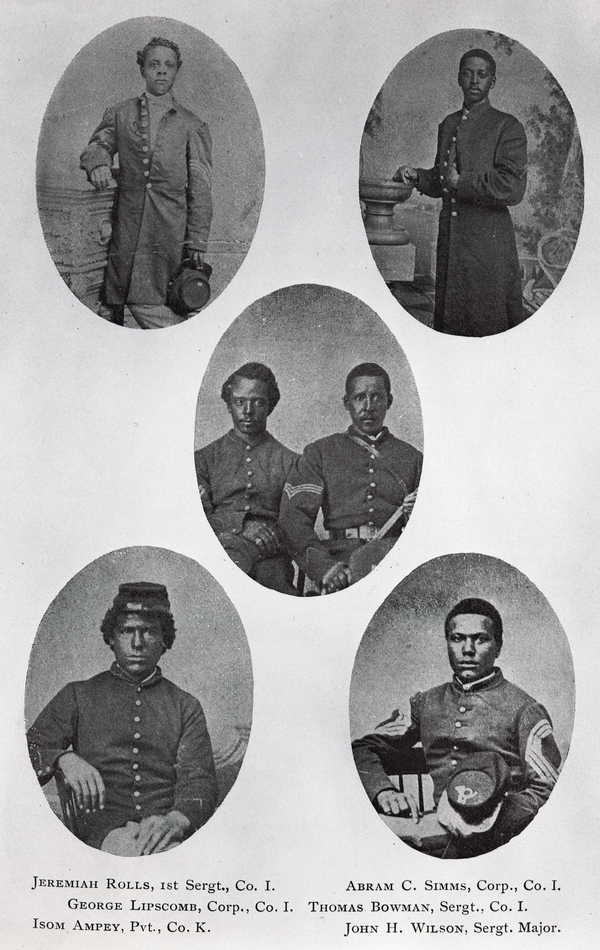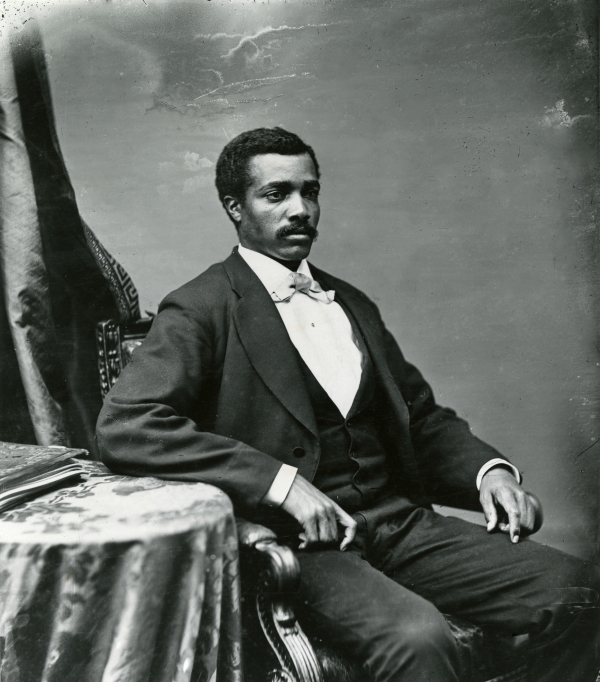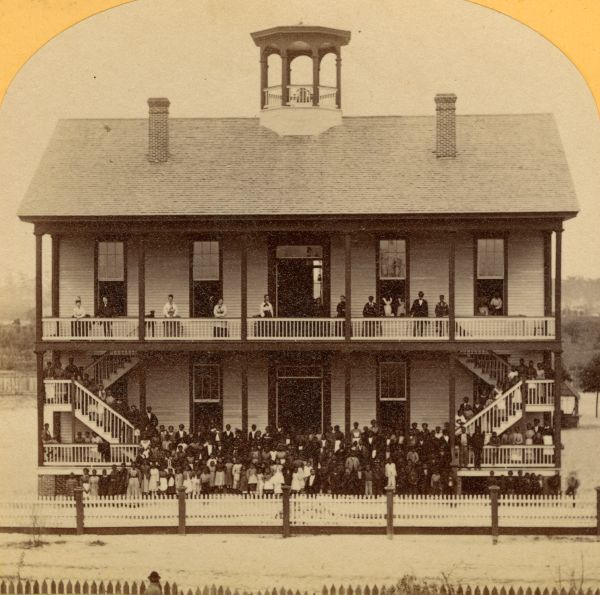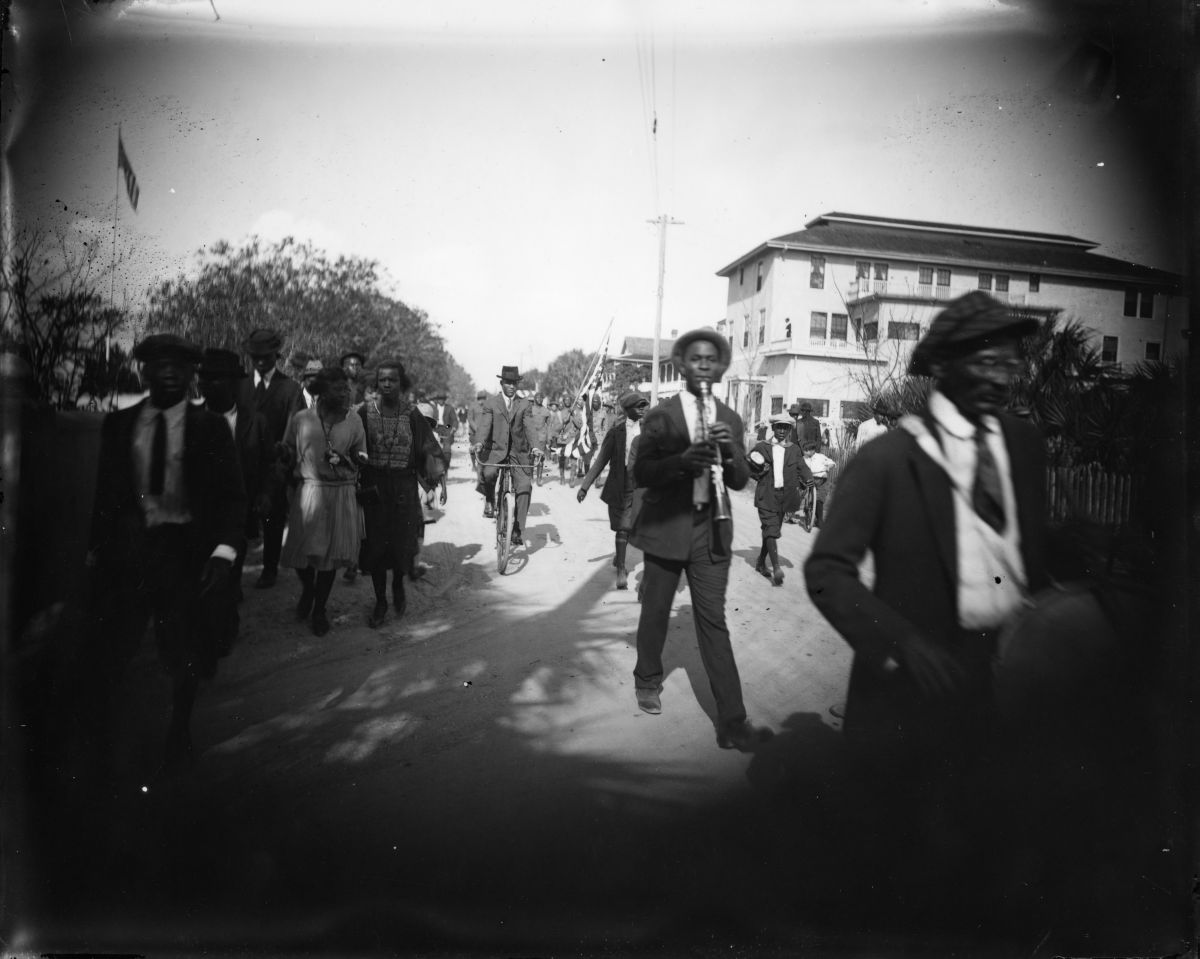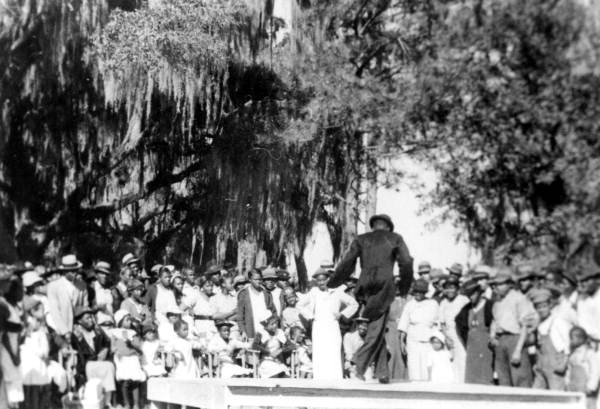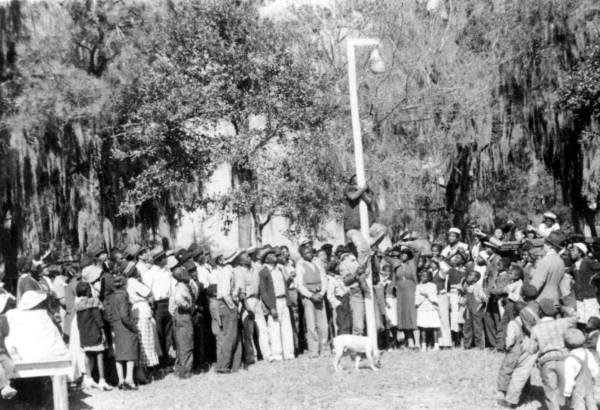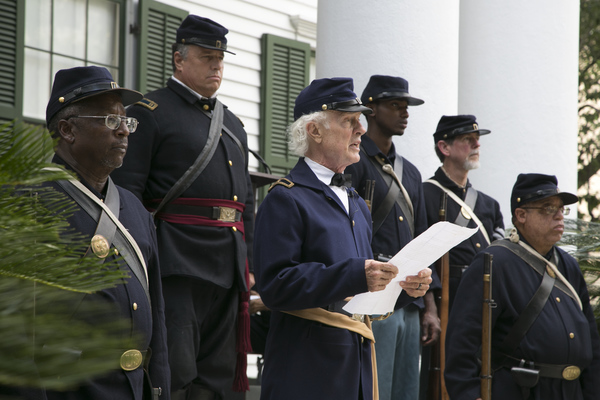
Primary Source Set
Emancipation Day in Florida
Every year on May 20, Floridians observe Emancipation Day. It’s the anniversary of the day at the end of the Civil War United States military officials declared all enslaved people in Florida to be free — May 20, 1865.
That event was the culmination of a lengthy fight against slavery in Florida. Long before the Civil War began, enslaved Floridians escaped on their own, aiming either to hide out in the Everglades, sail to the Bahamas, or rejoin family members and friends they had been separated from in the Upper South. Abolitionists like Jonathan Walker sometimes helped them. Only a fraction of Florida’s enslaved persons escaped this way, however. Something more profound would have to happen to end the institution of slavery altogether.
President Abraham Lincoln issued the Emancipation Proclamation on January 1, 1863, while the Civil War was still far from over. Lincoln’s proclamation declared that all persons held as slaves in the Confederate states were free, but that declaration had no real effect in places the United States military didn’t control. Florida was still mostly under Confederate control at that time, although Union troops—including Black soldiers—did occupy several parts of the state during the war. Many enslaved Floridians escaped behind Union lines and in some cases became Union soldiers themselves.
By May 1865, the situation had changed. Most of the Confederate military had surrendered, and Union troops were occupying the former Confederate states. On May 10, Union General Edward M. McCook arrived in Tallahassee to receive the surrender of all remaining Confederate troops in Florida. Ten days later, he raised the United States flag over the Florida Capitol and issued an order declaring that the terms of President Lincoln’s 1863 proclamation were now in full force. Florida’s enslaved people were finally officially free.
Newly-freed African American people around Tallahassee immediately gathered to celebrate McCook’s announcement, beginning an annual tradition that continues today. In the early years, Emancipation Day festivities included music, public speeches, community dinners and proud displays of the United States flag. More recent celebrations have included reenactments of General McCook’s reading of the order declaring Florida’s enslaved people free.
Emancipation may have ended the institution of slavery, but it did not guarantee equality for Florida’s newly-freed African Americans. Congress passed a series of constitutional amendments confirming the end of slavery (13th), guaranteeing equal rights for all citizens (14th) and prohibiting voter discrimination based on race (15th). In practice, however, African Americans still faced other challenges, including extralegal violence and the institution of Black Codes and Jim Crow laws that aimed to keep them second-class citizens.
Photo credit:Reenactors recreate a reading of the Emancipation Proclamation at the Knott House Museum in Tallahassee.
Show full overview

 Listen: The World Program
Listen: The World Program
